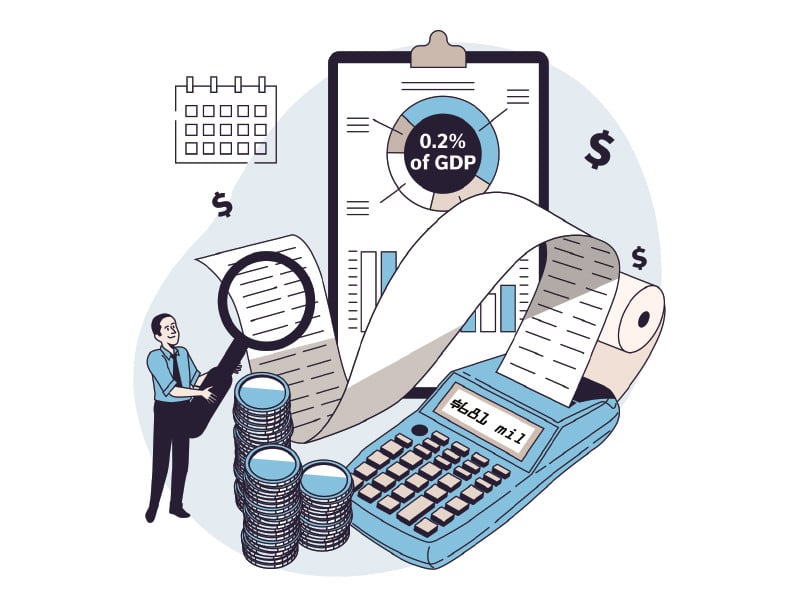By Hassan Hakeem
Published in The News on March 10, 2022
As the world celebrated International Women’s Day on Tuesday (March 8), Pakistan’s political landscape has yet another date to pay attention to – the 2023 general elections that are less than 19 months away.
With political parties already in electioneering mode, temperatures for public mobilisation and campaigning across both sides of the political aisle seem to be soaring. This is also an opportune time to expand women’s political representation and participation in the electoral process.
Gender inequality in political rights is evident; women have fought long and hard for their rights to vote and hold public office. In Pakistan, the demand side of the equation shows that 10 million women of eligible age are unregistered as voters across the country. Across the 272 demarked constituencies, women, who make half of the population, remain largely excluded from the electoral process mainly due to the male-driven gender regime in place.
Biases classified in terms of discourse, value system, practices and tradition, political elite capture and dynastic political party culture reduce women’s meritocratic consideration and substantive representation. Attitudes towards women political candidates are largely characterised by deep-rooted stereotypes, and political opponents use those labels to question women’s competence.
While progress has been made in terms of an increase in women voter turnout in elections, there is a need to strengthen and expand the means of access to information, involvement in electoral administration and related activities by civil society, observers and political parties.
On the supply side, the fact that of the 272 National Assembly constituencies, only 3.6 percent of the general seats were won by women contestants highlights the stark underrepresentation and systemic challenges.
In terms of local governance, gender shapes local politics in key ways of how policy is developed, resources mobilised and budget allocations. Evidence proves that women’s representation in local governments adds new voices into the policymaking processes, resulting in inclusive and participatory policy outcomes. The active participation of women, on equal terms with men, at all levels of decision-making is a prerequisite for sustainable development and democratic governance.
According to a study by the Inter-Parliamentary Union, there is a correlation between the electoral system and levels of women’s political and electoral participation. The study concluded that in assemblies with women making up to 30 percent or more, none operated under a majoritarian system. But electoral systems are only part of the picture when it comes to strengthening women’s participation in governance structures and decision-making.
According to the IPU, “countries with well-designed gender quotas, varying measures designed to ensure that women constitute a certain portion of political positions, elect significantly more women to parliament.” While political candidacy and electability is correlated to voters’ perception of a candidate’s gender and traits, electioneering becomes a double whammy for women candidates – judged against party affiliation, ethnicity, race and kinship as opposed to purely based on merit.
Despite the de-jure equal political participation provisions for both women and men, the de-facto realisation of the equality of participation has not transpired, subject to a number of factors, including structural and cultural barriers. In defiance of the fact that Pakistan has had a woman prime minister twice and a woman speaker of the National Assembly, institutional structures at the family, community and state levels are guided by the patriarchal understanding of power capture and decision-making. Other factors that deprive women of political representation, empowerment and decision-making are the low levels of literacy, low economic dividends, and the disproportionate share of domestic responsibilities.
While there is growing realisation that women are marginalised in political spaces, progress remains slow and uneven. Undeniably, gender diversity widely leads to better performance, and is of particular benefit to efficient decision-making and financial accountability. It is well accepted that achieving a critical mass of women parliamentarians means that there will be greater prioritisation of women’s issues on the political agenda and in policy development.
In parallel, international instruments on the electoral participation of women (and other marginalised groups) bind states to recognise and protect the right of every citizen to take part in the conduct of public affairs in particular the right to vote and to be elected. Women’s full participation in political and electoral processes has its origins in the principles of non-discrimination and equal enjoyment of political rights enshrined in the Universal Declaration of Human Rights (UDHR).
So as we approach the 2023 elections, the key findings of the EU Election Observation Mission 2018 need a revisit. The mission highlighted the need for affirmative actions to foster the representation of women contesting elections, including doubling the five percent mandatory ticket distribution to women candidates in political parties, measures to increase transparency and inclusiveness, and women’s protection against violence are key takeaways.
The need for effective national-level efforts in ensuring inclusive political processes and promoting women’s political participation is more than ever. From the suffragettes to modern-day feminism, women’s political and electoral participation is the bedrock for gender equality and a prerequisite for a just and equitable future.





